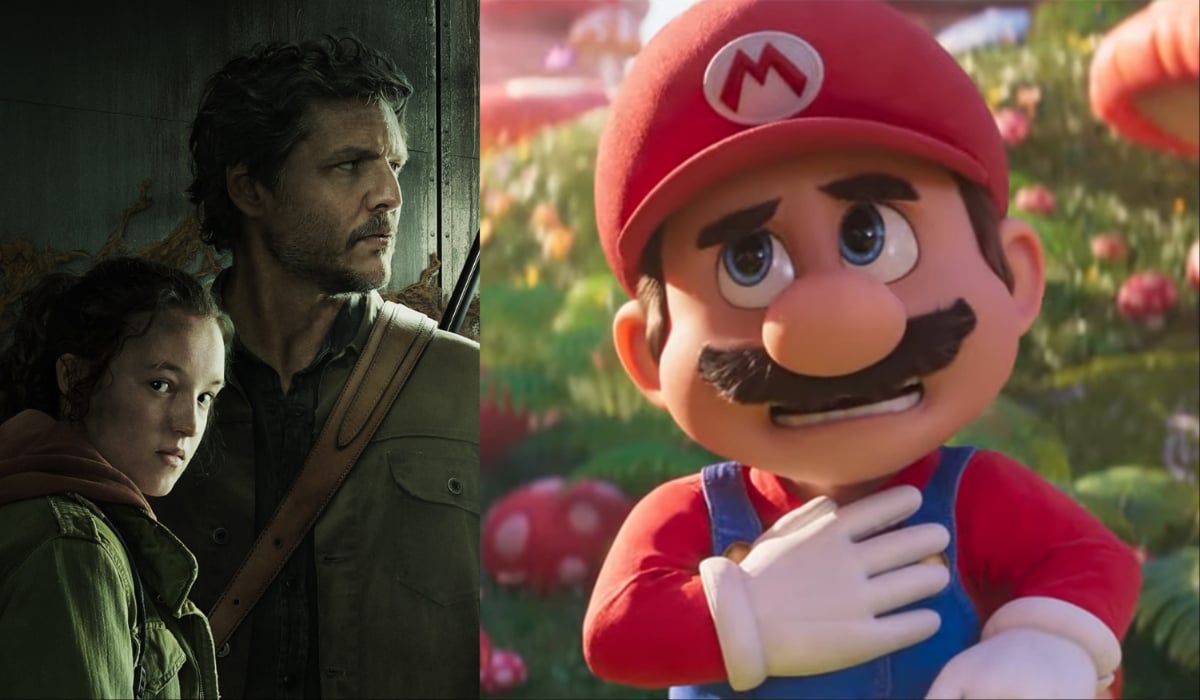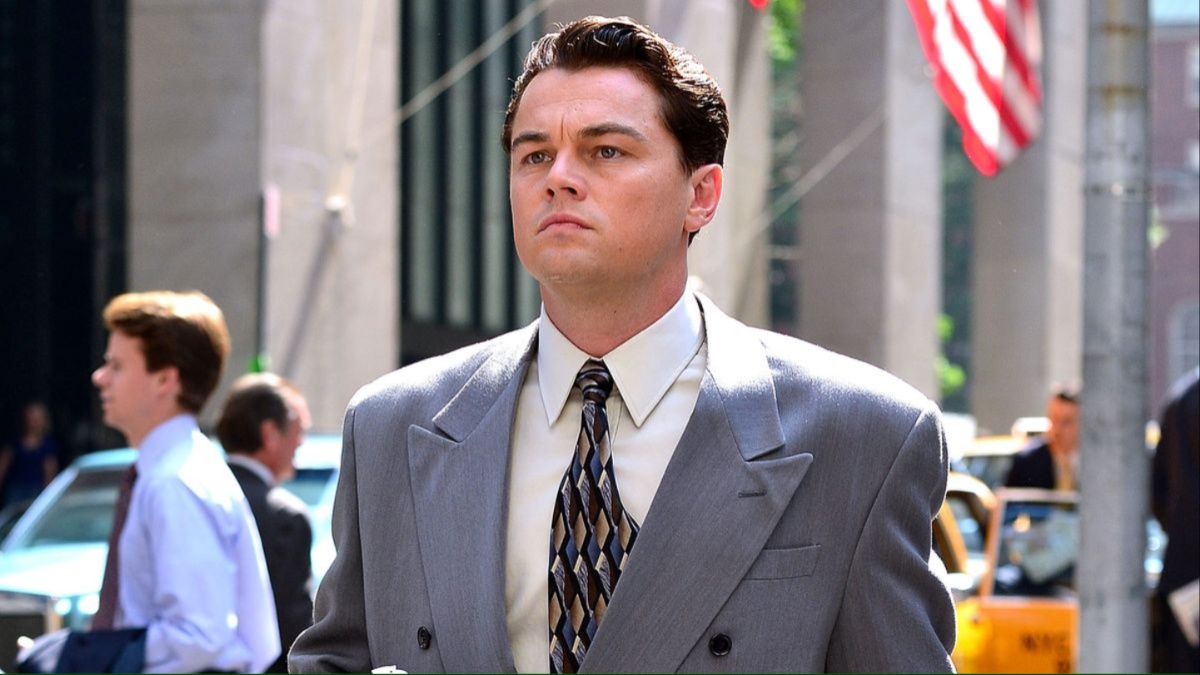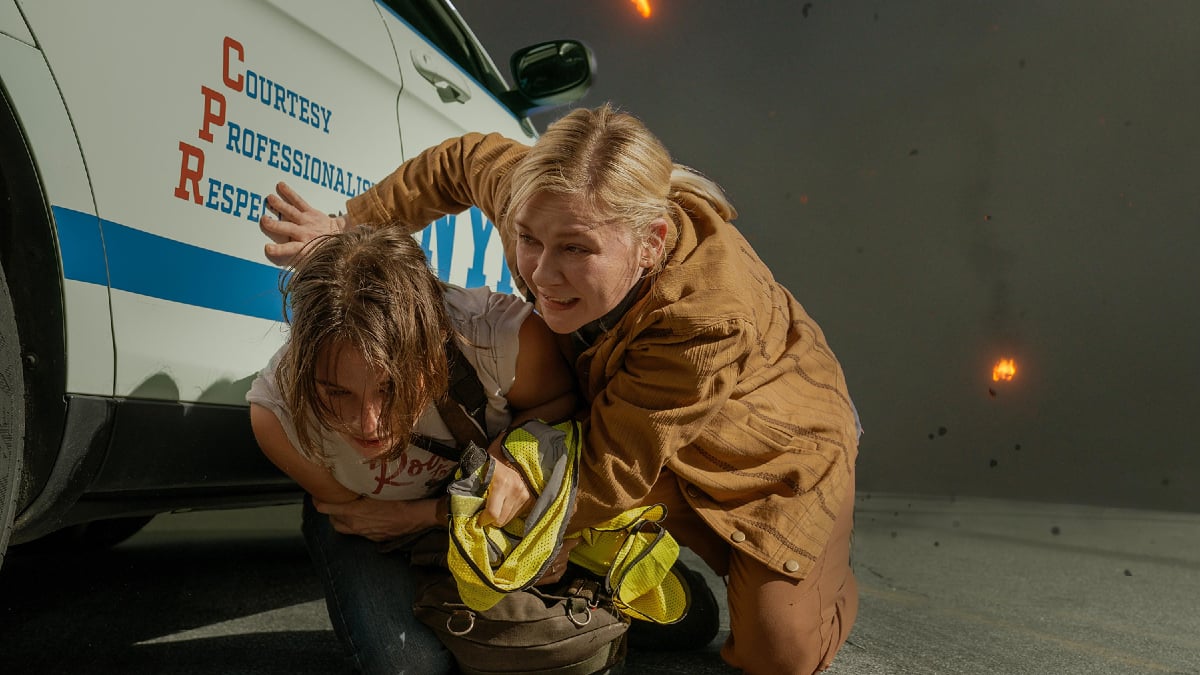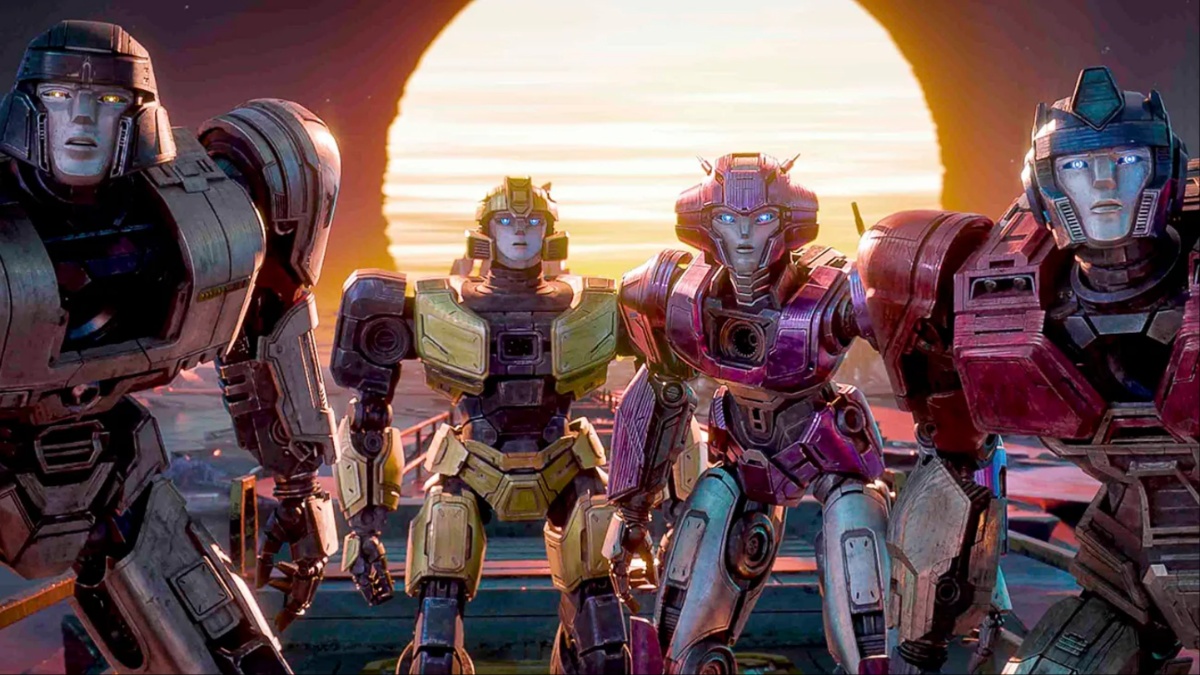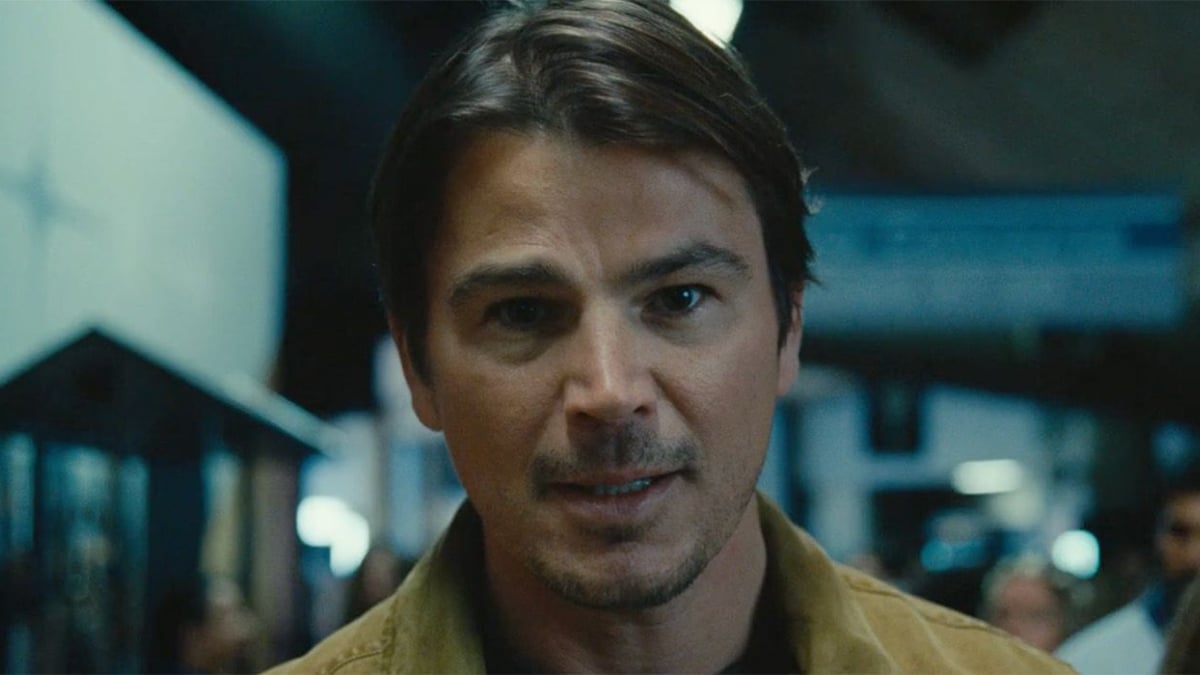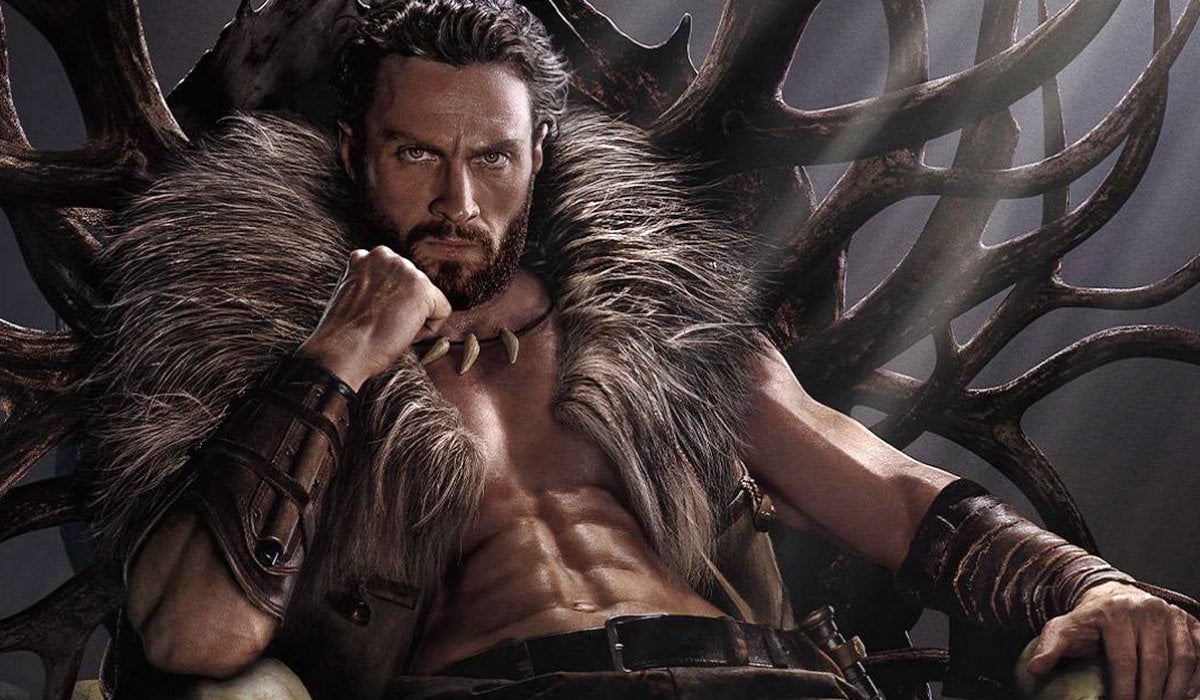The reviews are in! The Super Mario Bros. Movie is … well. It’s mediocre at best, and that’s kind of all there is to say about it. The New York Times even went so far as to call it “bland, witless, and flagrantly pandering”—yowch.
Thus far, reviews seem to be largely polarized, with some people insisting that it’s good “despite its issues” and others desperately trying to get us all on the same page that it just isn’t very good at all. Our own Julia Glassman’s review was about as fair as one could get with a movie like this, summarizing that it just lacks any kind of spirit, passion, or heart beyond the relationship between Mario and Luigi. So, what happened? Why did it fall so flat?
Ultimately, it seems to me that they knew they wanted a movie, but they didn’t give enough thought to what kind of movie they wanted to make. Obviously the main audience they had in mind was kids, but they also put in a lot of work to include references that would keep longstanding fans happy. It therefore became unremarkable, just another average kids’ movie, which is awkward for most viewers considering it’s a movie about arguably the most popular video game character in history.
As someone who never really cared about Mario, I can’t comment beyond how different my experience was watching something as analogous as Detective Pikachu. In that film, we got something fresh and interesting, and while some beats certainly fell a little flat, ultimately I was excited to watch it. It truly seems like Mario fans are walking away from this movie feeling the same sort of bafflement as going on a date with someone you have great chemistry with over text, yet absolutely cannot stand in person.
And all of this has brought the “Video Game Adaptation Curse” conversation back into the fray, mere weeks after it’d been laid to rest by way of HBO’s The Last of Us. So what the hell happened, and why did these two pieces of media receive such wildly different reactions?
The simple answer is: The producers of The Last of Us actually gave critical thought to how their screen adaptation would best be received, while the Mario producers likely charged in without giving that much thought to what makes an effective adaptation.
This isn’t to say that Mario was thoughtless. More so, it appears to me that, unlike TLOU, they put all their thoughts and concerns in the wrong places. Instead of adapting the movie to be something that would work for passive viewers, they worked too hard to make it accommodating for fanservice, which mostly results in brief, hollow gratification. Compare that to TLOU, where showrunners Neil Druckmann and Craig Mazin gave a lot of deliberation towards how the plot could be more engaging to passive viewers, and it’s like night and day.
The HBO adaptation shared much with its video game source material, but the ways in which it differed made it ostensibly more enjoyable to watch, rather than play. After all, while we, as players, might have found humor in the many times Joel died to clickers in one particular room, it’d be frustrating to watch as a viewer. Screen adaptations have to bear in mind what kind of narratives work for passive engagement, and the writers for TLOU stepped up accordingly. Some scenes could work in a parallel way to their game origins, such as the final scenes with Sam and Henry. Others had to be expanded upon more fully for television, like the scenes in Jackson.
All of this to say … in an age when we have so much content all the time, it’s easy to forget our successes in lieu of our failures. In this case, though the Mario movie might have been a bust, it doesn’t mean that video games can’t be successfully adapted into movies and TV shows. They just take a little more deliberation to pull off correctly.
(featured image: HBO/Illumination)



